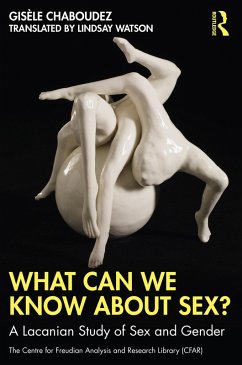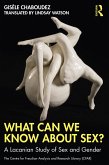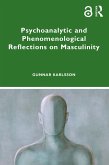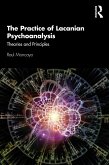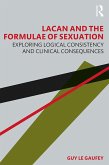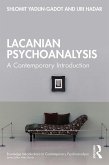What Can We Know About Sex? explains how Lacan's work allows us to make new links between the sexual laws of discourse, gender and what Freud called the "biological rock" in human life, allowing a new perspective not only on the history of the sexual couple but on contemporary developments of sexuality in the twenty-first century.
Dieser Download kann aus rechtlichen Gründen nur mit Rechnungsadresse in A, B, BG, CY, CZ, D, DK, EW, E, FIN, F, GR, HR, H, IRL, I, LT, L, LR, M, NL, PL, P, R, S, SLO, SK ausgeliefert werden.
Hinweis: Dieser Artikel kann nur an eine deutsche Lieferadresse ausgeliefert werden.

